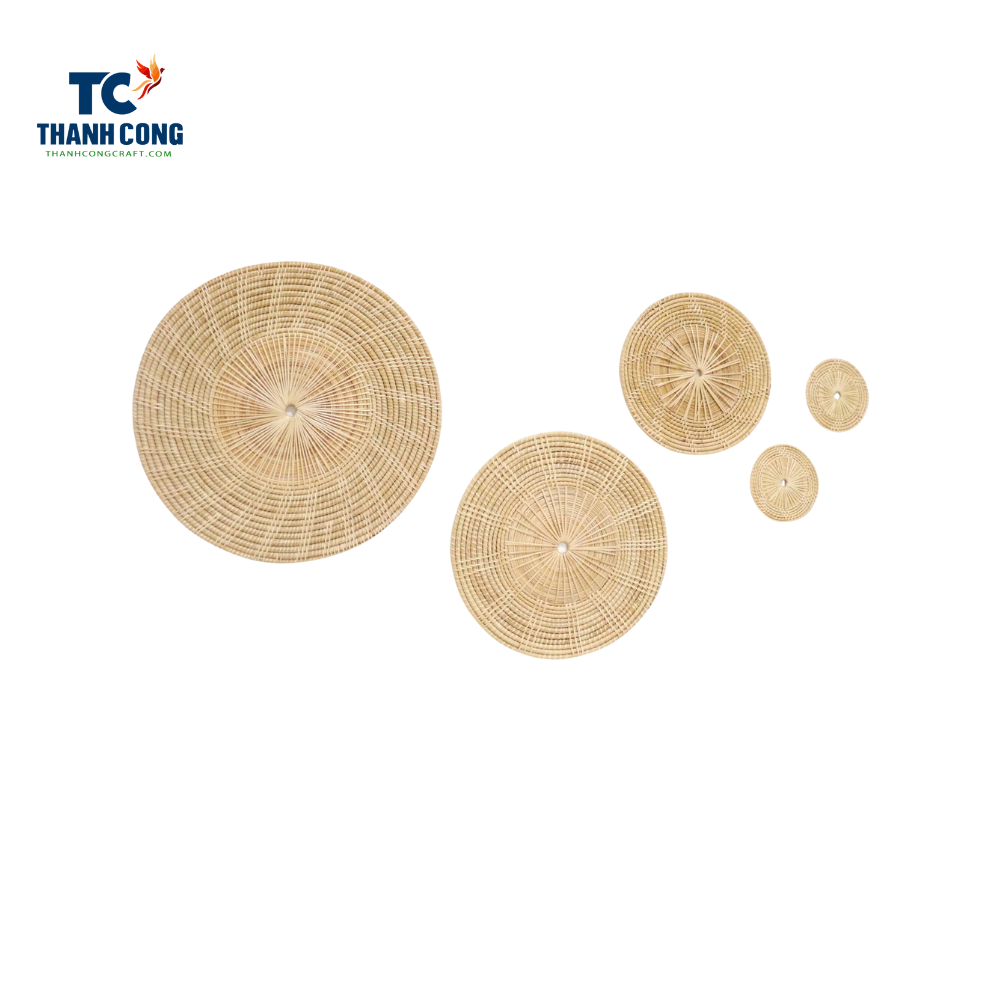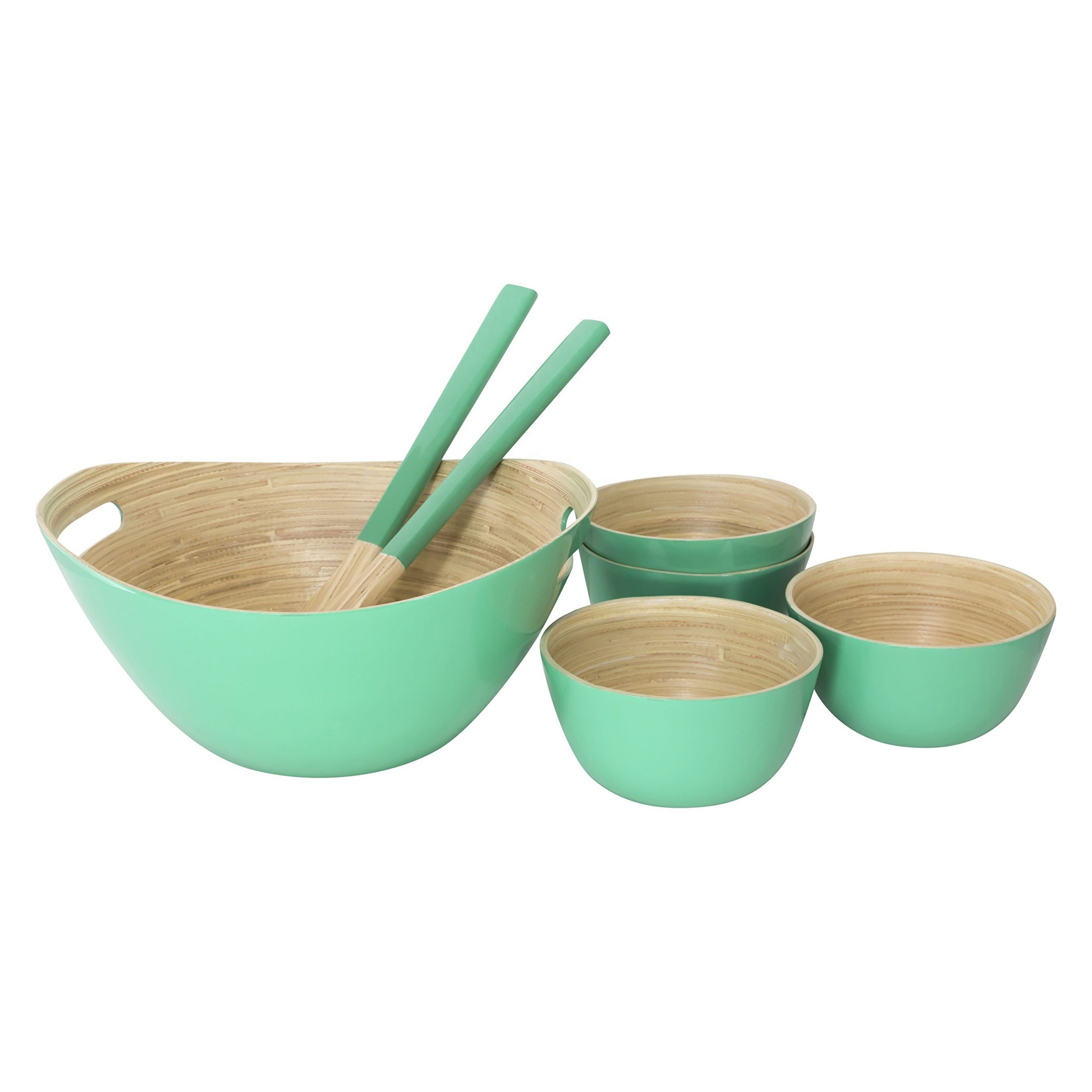Ocean FCL and LCL Shipping are two common terms used in ocean freight. But what do they mean? What are the differences between them? If you do not really understand, it is easy to lead to misunderstandings and unfavorable import and export processes. Therefore, let’s discuss about how to distinguish the ocean lcl vs fcl shipping in the article below!
Contents
FCL vs LCL Meaning?
FCL and LCL shipping are terms commonly used in logistics and international shipping to refer to two different types of cargo shipment options: Full Container Load (FCL) and Less than Container Load (LCL). These terms describe the quantity of goods being transported and how they are packed within a shipping container.
- FCL (Full Container Load): FCL refers to a shipment where the entire shipping container is utilized by a single consignee or shipper. In other words, if you have enough goods to fill a standard shipping container (such as a 20-foot or 40-foot container), you can opt for an FCL shipment. With FCL, the entire container is dedicated to your cargo, providing exclusivity and minimizing the risk of damage or loss due to handling.
- LCL (Less than Container Load): LCL, on the other hand, is used when the cargo being shipped does not fill an entire shipping container. In this case, your goods are combined with other shippers’ or consignees’ cargo to fill up the container. Each shipper pays only for the space their goods occupy within the container, and the cost is divided among multiple parties. LCL is often chosen when the shipment volume is relatively small or when it’s not cost-effective to fill a whole container.
The choice between FCL and LCL depends on several factors, including the volume of goods you have, your budget, the urgency of delivery, and the nature of your goods. If you have a large volume of goods, FCL might be more suitable since it offers dedicated space and faster transit times. LCL is a better option for smaller shipments or when you want to share the container space with other shippers to reduce costs.
It’s important to note that the availability of FCL and LCL options may vary based on shipping routes, carriers, and logistics providers. It’s advisable to consult with a freight forwarder or shipping agent who can guide you on the most appropriate choice based on your specific requirements.
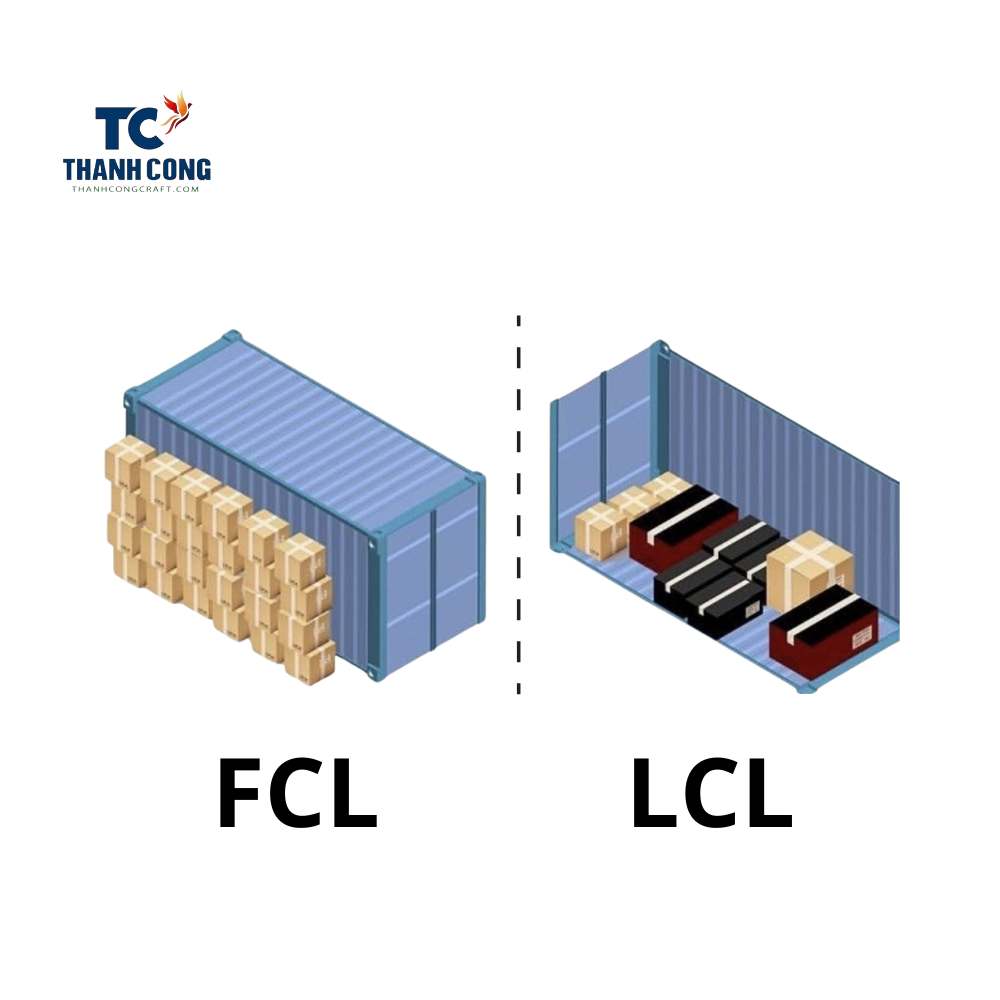
The Difference between FCL and LCL Shipping
The primary difference between FCL and LCL shipping lies in the utilization of container space. In an LCL shipment, the buyer shares container space, while in an FCL agreement, they rent the entire container space.
The choice between FCL and LCL depends on factors such as the volume of goods, cost considerations, transit time requirements, and the nature of the cargo. It is advisable to consult with a freight forwarder or shipping agent who can assist in selecting the most suitable option based on your specific needs.
Container Space
In an FCL shipment, the entire shipping container is utilized by a single shipper or consignee. The shipper fills the container with their goods, and the container is sealed until it reaches the destination.
In contrast, the LCL shipping combines multiple shippers’ or consignees’ goods in a single container.
Each shipment pays for the space their goods occupy within the container.
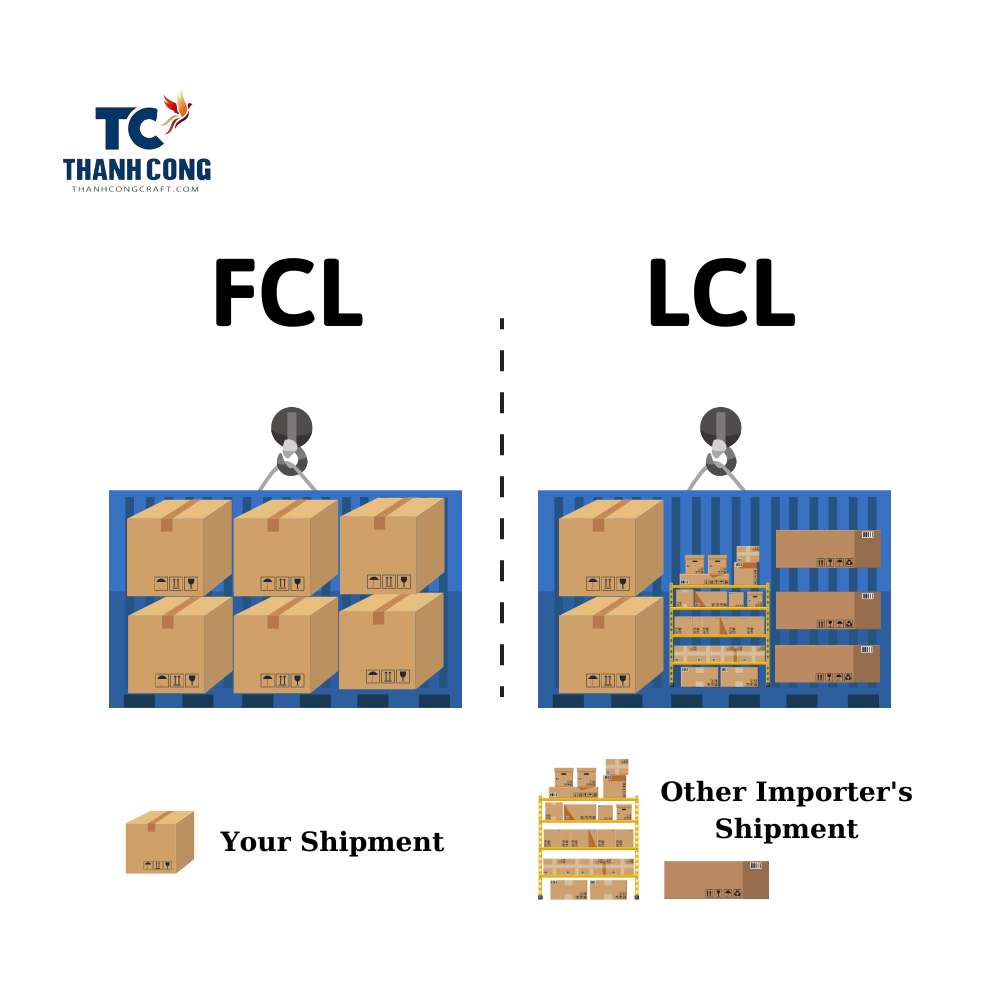
Cost
The cost comparison between FCL (Full Container Load) and LCL (Less than Container Load) shipments can vary depending on several factors. Typically, the cost per unit of freight is higher for LCL compared to FCL.
FCL Shipping:
- Fixed Container Cost: FCL shipments have a fixed cost associated with renting and utilizing the entire container. This cost remains the same regardless of whether the container is fully loaded or not. Therefore, if you have a large shipment that can fill the container, the cost per unit of goods will generally be lower compared to LCL.
- Exclusive Use: With FCL, you have exclusive use of the container, allowing you to avoid shared costs with other shippers. This can be advantageous if you require greater control over your cargo and want to minimize the risks associated with sharing container space.
LCL Shipping:
- Cost Per Volume/Weight: LCL shipments are priced based on the volume or weight of the individual shipment. You pay only for the space your goods occupy within the shared container. This can be cost-effective for smaller shipments that don’t require an entire container.
- Shared Costs: With LCL, you share the container costs with other shippers. This can include expenses like container handling, customs clearance, and documentation. Sharing these costs can potentially lead to cost savings compared to bearing the full expenses individually.
FCL shipments are generally more cost-effective for larger shipments since you pay for the entire container, regardless of whether it is fully loaded or not.
LCL shipments are suitable for smaller volumes since the cost is shared among multiple shippers based on the space their goods occupy within the container. LCL shipments can be more cost-effective if you don’t have enough cargo to fill a full container.
An FCL shipment is chosen when a shipper takes responsibility for the entire container’s cost and utilizes it exclusively for their shipment, irrespective of whether the container is fully loaded or not. Conversely, an LCL shipment entails multiple shippers sharing containers with other shipments and only paying for the space they use.
Transit Time
FCL shipments usually have shorter transit times compared to LCL shipments. FCL containers are loaded directly onto the vessel, minimizing the time spent in transit hubs for consolidation or deconsolidation.
LCL shipments require additional time for consolidation and deconsolidation at the origin and destination ports, as multiple shipments need to be sorted and handled.
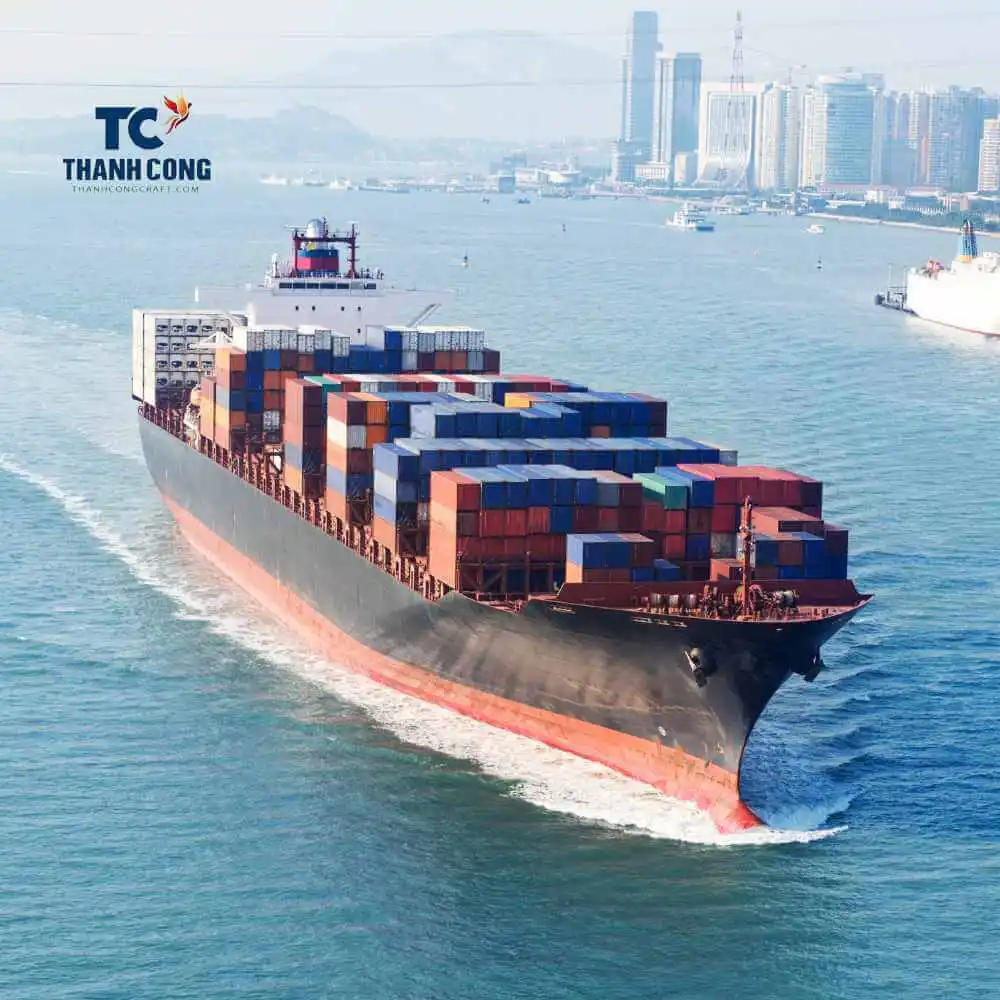
Exclusivity and Security
FCL shipments offer exclusivity, as the entire container is dedicated to a single shipper’s cargo. This minimizes the risk of damage, loss, or tampering during transit since the goods are not handled or mixed with other cargo.
LCL shipments involve sharing container space with other shippers, so there is a slightly higher risk of potential damage or loss due to handling or the need for cargo consolidation.
Flexibility
FCL shipments provide greater flexibility in terms of loading and unloading times. Since the entire container belongs to the shipper, they can load and unload the container at their convenience. LCL shipments may have some limitations in terms of scheduling since they require coordination with other shippers sharing the container.
FCL and LCL Shipping Pros and Cons
FCL (Full Container Load) and LCL (Less than Container Load) shipping methods each have their own advantages and disadvantages. Here are the pros and cons of each:
FCL Shipping
Pros:
- Exclusive Use: With FCL, you have the entire container dedicated to your shipment, ensuring that your goods are not mixed with other cargo. This reduces the risk of damage or loss during transit.
- Faster Transit Times: FCL shipments generally have shorter transit times since there is no need for consolidation or deconsolidation at the origin or destination ports.
- More Flexibility: You have control over the loading and unloading schedule since the container is exclusively for your use. This provides greater flexibility in planning and managing your supply chain.
Cons:
- Higher Costs: FCL shipments can be more expensive for smaller shipments since you pay for the entire container, regardless of whether it is fully loaded or not.
- Underutilized Space: If you don’t have enough goods to fill a whole container, you may end up paying for unused space, resulting in higher shipping costs.
- Limited Capacity: During peak seasons or on certain trade routes, it may be challenging to secure FCL bookings due to limited container availability.
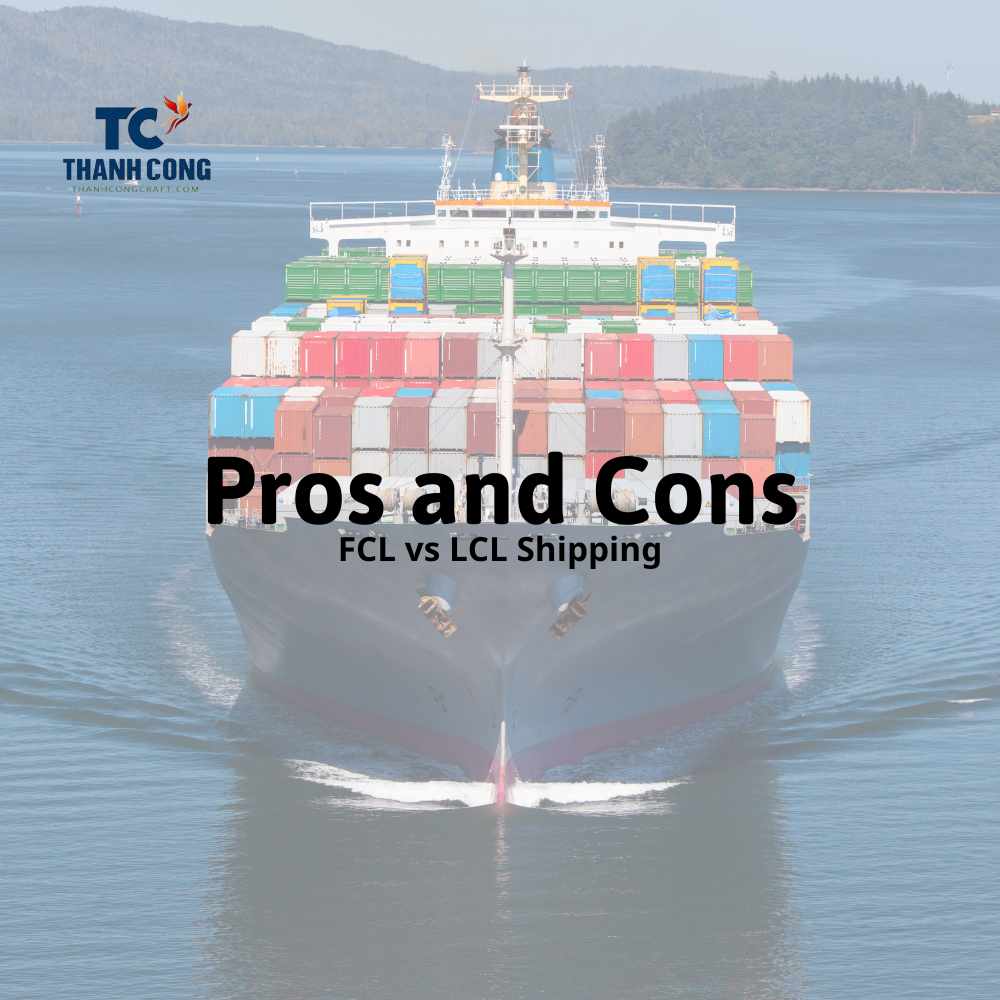
LCL Shipping
Pros:
- Cost-effective for Small Shipments: LCL allows you to share container space with other shippers, reducing costs for smaller shipments that don’t require a whole container.
- Reduced Risk: Sharing the container with other shippers may lead to cost-sharing for services like insurance, customs clearance, or documentation.
- More Availability: LCL services are usually more readily available since multiple shippers can be accommodated within a single container.
Cons:
- Longer Transit Times: LCL shipments require additional time for consolidation and deconsolidation at the origin and destination ports, which can result in longer transit times.
- Increased Handling: The need to consolidate and deconsolidate shipments introduces more handling and potential risks of damage or loss.
- Limited Control: Since you are sharing container space, you have less control over the loading and unloading schedule, which can impact your supply chain planning.
Ultimately, the choice between FCL and LCL shipping depends on factors such as shipment volume, budget, transit time requirements, and the nature of the goods. Assessing these factors will help you determine which method best aligns with your specific needs.
The above article is about the difference between “FCL and LCL Shipping“. If you have any further questions, don’t hesitate to send thanhcongcraft an email us at info@thanhcongcraft.com or message us at WhatsApp: +84967485411. Hope to serve you soon! Best regard!


